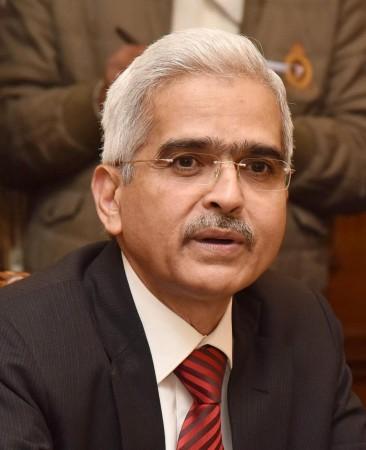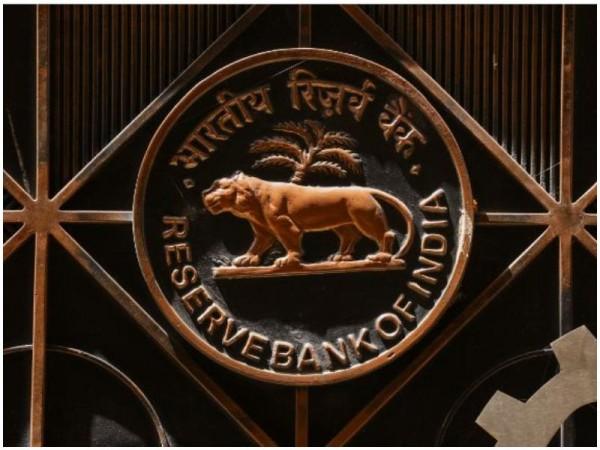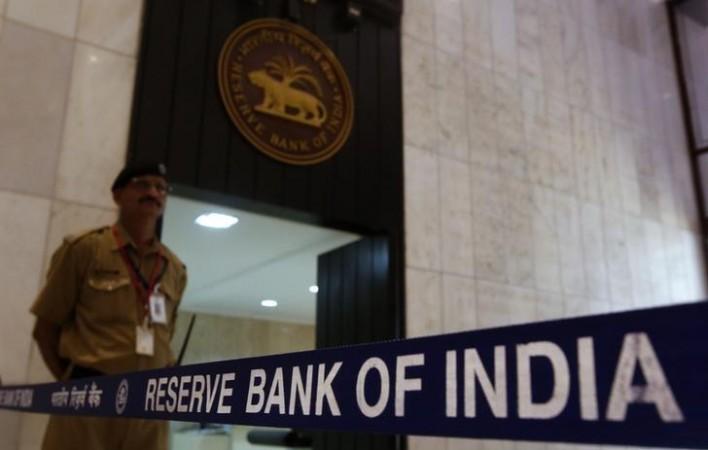
In a recent address, Reserve Bank of India (RBI) Governor Shaktikanta Das underscored the resilience of India's financial sector amidst broader macroeconomic stability. He emphasized the well-capitalized and unclogged balance sheet of the banking sector, which reflects a higher risk absorption capacity. The Non-Banking Financial Companies (NBFC) sector and Urban Cooperative Banks also continue to show improvements, contributing to the overall strength of the financial system.
However, the global financial markets have recently experienced turmoil due to concerns of a growth slowdown in a major economy, geopolitical tensions in the Middle East, and the unwinding of the carry trade. These developments have implications for emerging market economies. In this context, Das stressed the importance of recognizing the robustness of India's macroeconomic fundamentals.
He noted that India has built strong buffers that impart resilience to the domestic economy from such global spillovers. The RBI, he assured, remains committed to ensuring the orderly evolution of financial markets within its regulatory domain.

Despite the stable conditions in the financial sector, Das warned that the focus should not shift away from the proactive identification of potential risks and challenges. He highlighted four key areas of concern that need close monitoring.
Firstly, alternative investment avenues are becoming more attractive to retail customers, leading to challenges for banks in deposit mobilization. Banks are increasingly resorting to short-term non-retail deposits and other liability instruments to meet incremental credit demand. This could potentially expose the banking system to structural liquidity issues. To address this, Das suggested that banks should focus more on mobilizing household financial savings through innovative products and service offerings, leveraging their vast branch network.
Secondly, Das observed that sectors where the RBI announced pre-emptive regulatory measures last November have shown moderation in credit growth. However, certain segments of personal loans continue to witness high growth. Excessive leverage through retail loans, mostly for consumption purposes, needs careful monitoring from a macro-prudential perspective. This calls for careful assessment and calibration of underwriting standards, as well as post-sanction monitoring of such loans.

Thirdly, Das raised concerns about the brisk growth in home equity loans, or top-up housing loans. Banks and NBFCs have also been offering top-up loans on other collateralized loans like gold loans. He noted that certain entities are not strictly adhering to regulatory prescriptions relating to loan-to-value (LTV) ratio, risk weights, and monitoring of end use of funds. Such practices could lead to loaned funds being deployed in unproductive segments or for speculative purposes. Banks and NBFCs, he advised, should review such practices and take remedial action.
Lastly, Das pointed to the recent unprecedented global IT outage, which affected businesses in many countries. This incident underscored the fast-growing dependence on big techs and third-party technology solution providers. In this context, he emphasized the need for banks and financial institutions to build appropriate risk management frameworks in their IT, Cyber Security, and third-party outsourcing arrangements to maintain operational resilience. The RBI, he added, has repeatedly emphasized the importance of robust business continuity plans to deal with such incidents.
While the Indian financial sector is gaining strength from broader macroeconomic stability, the RBI Governor's address underscores the importance of vigilance in identifying potential risks and challenges. His emphasis on the need for banks to innovate in fund mobilization, adhere to regulatory prescriptions, and strengthen their risk management frameworks highlights the proactive role of the central bank in ensuring the resilience and stability of the financial sector. This comprehensive approach is crucial in maintaining the robustness of India's financial sector amidst global uncertainties.










